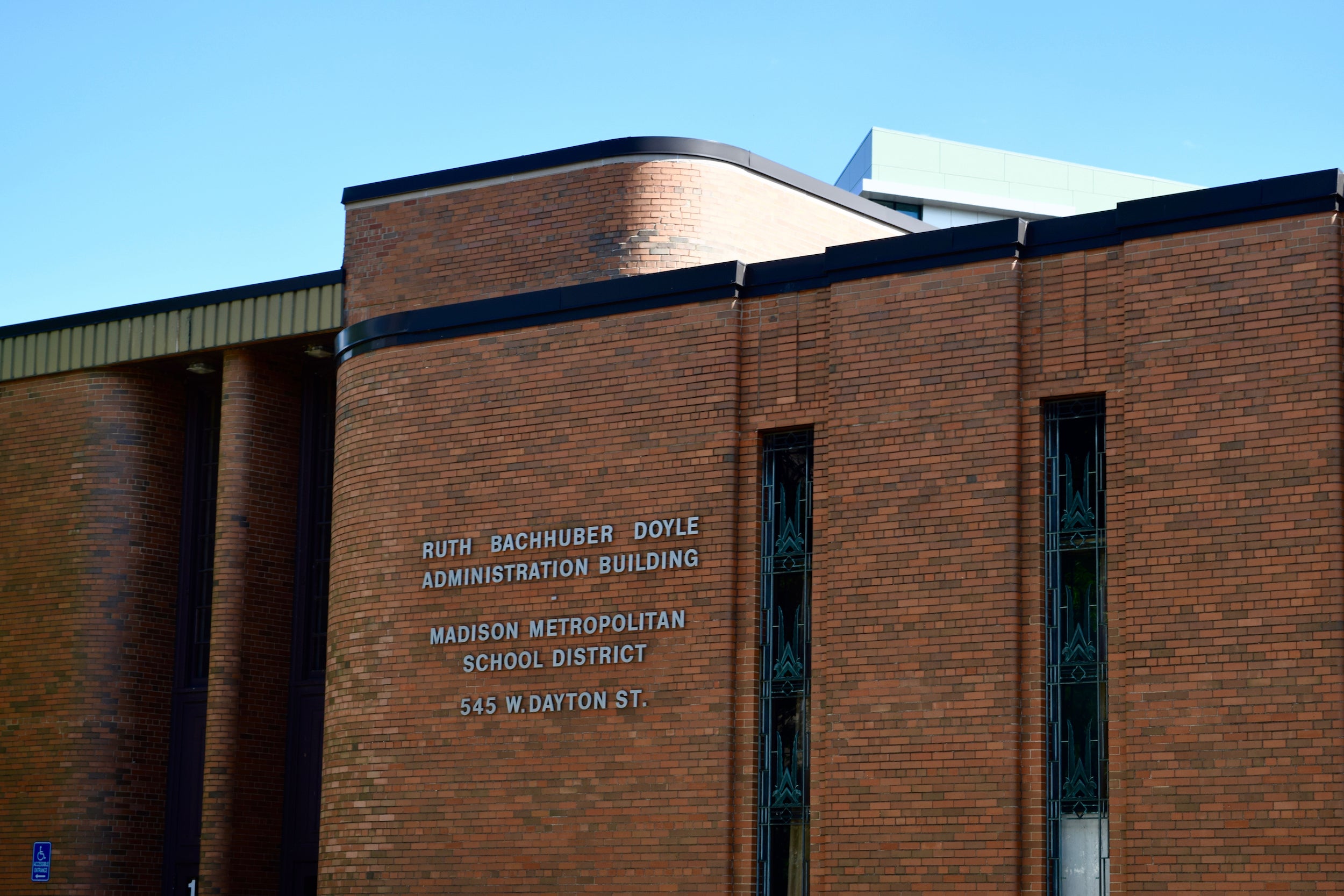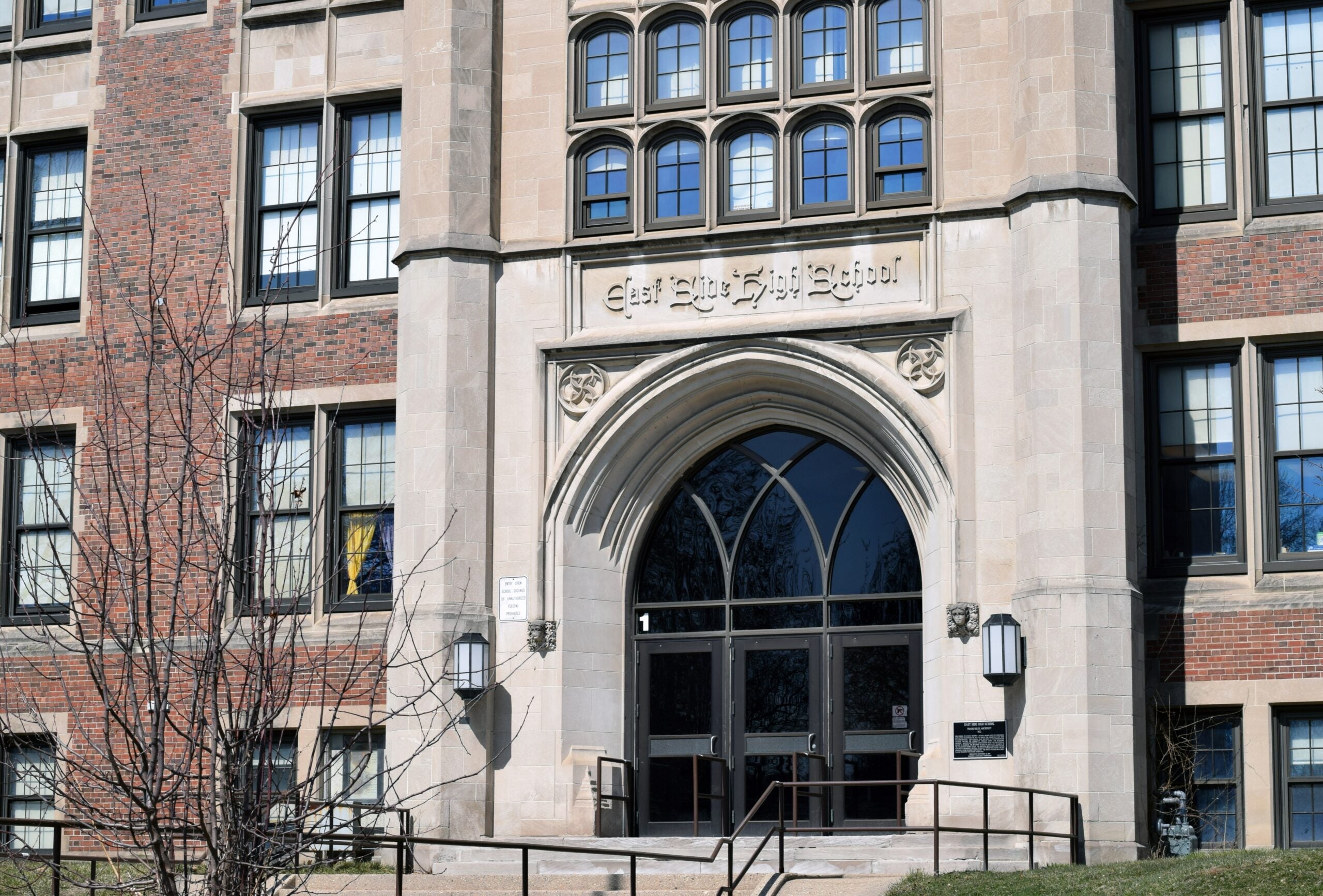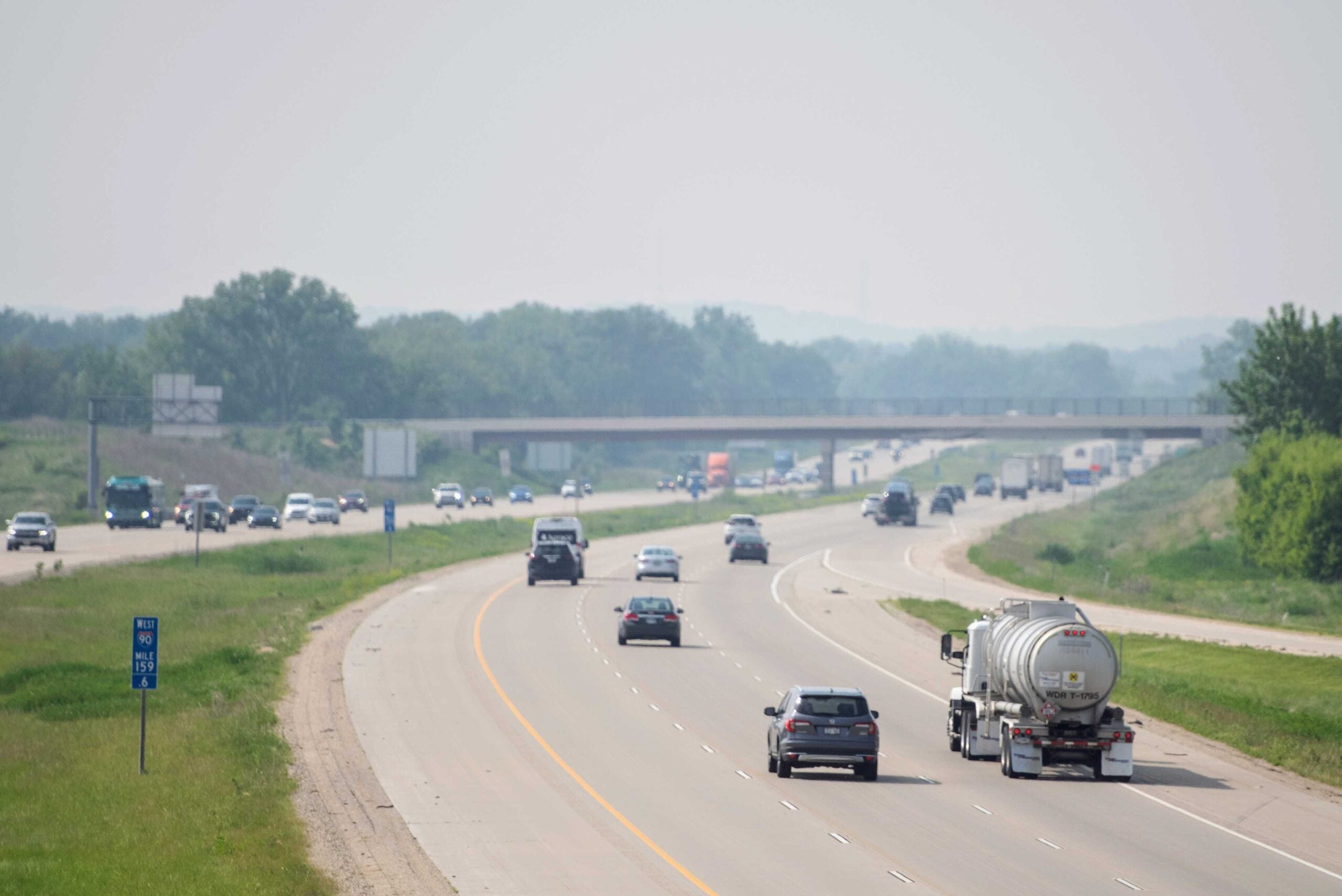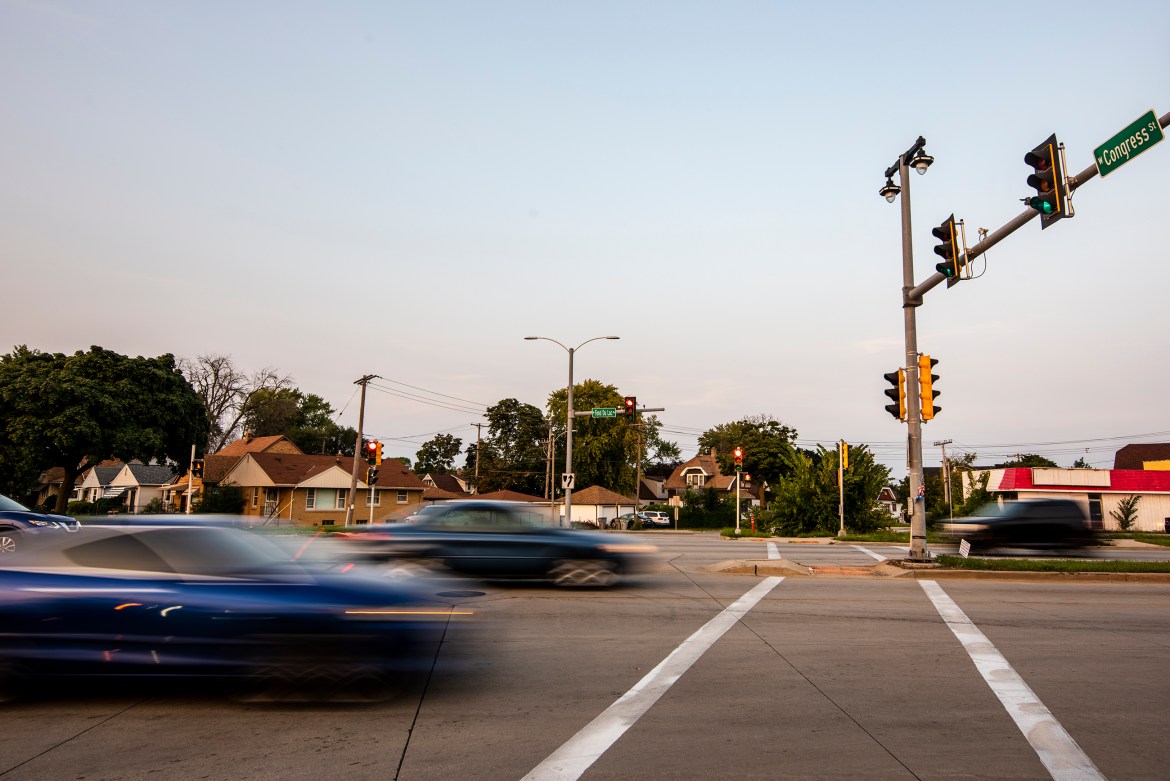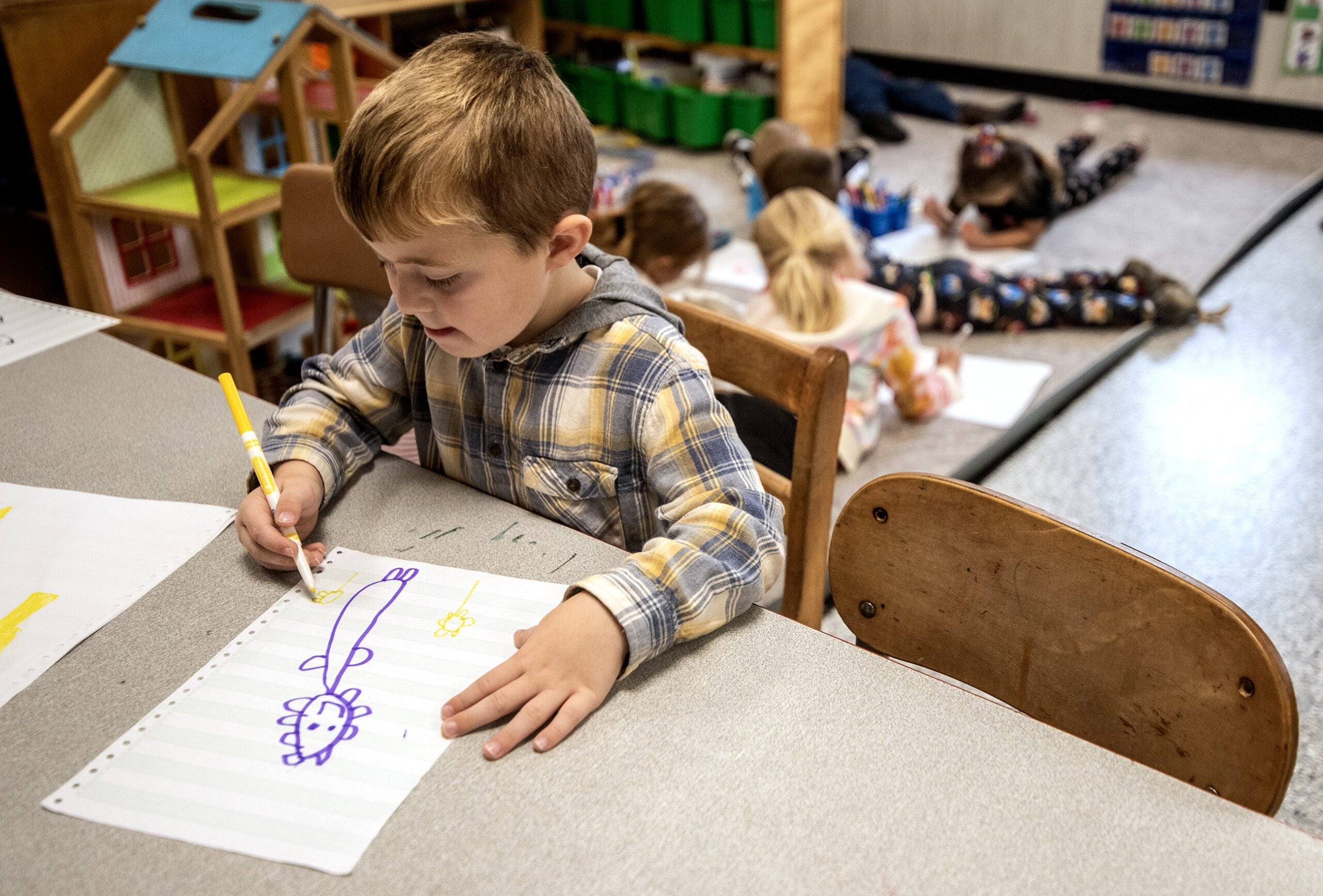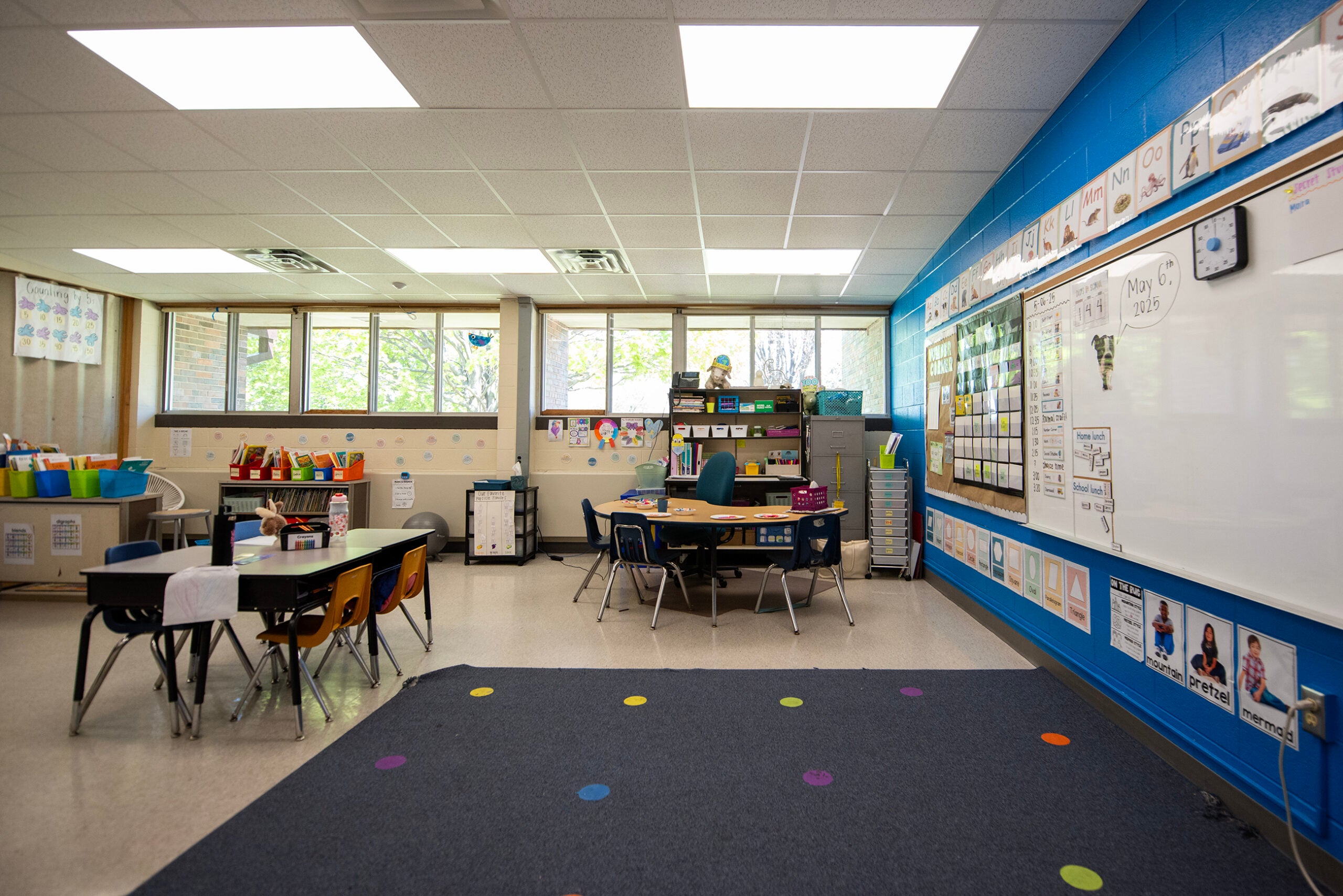Voters in Madison could decide this fall whether to approve property tax increases to fund schools.
Those considerations come as Wisconsin’s second largest district is projecting a shortfall in the next budget cycle.
Spending for the Madison Metropolitan School District could exceed revenue by $39 million in the next fiscal year, according to an analysis released Friday by the nonpartisan Wisconsin Policy Forum.
News with a little more humanity
WPR’s “Wisconsin Today” newsletter keeps you connected to the state you love without feeling overwhelmed. No paywall. No agenda. No corporate filter.
That gap could force district leaders to draw deeply into MMSD’s rainy day funds as a way to avoid cuts to staff and programming.
Those transfers would reduce the district’s roughly $70 million in reserves by more than half. If that unassigned balance falls below target levels, it could hurt MMSD’s ability to hedge against future downturns.
“The Madison School District, in recent years and up till now, has had strong reserves, and that contributes to it having a good bond rating and relatively low borrowing costs,” said Jason Stein, the author of the Policy Forum report.
But district officials are hoping to avoid most of those cuts to reserves if voters approve a $100 million property tax levy to cover operating costs. That four-year proposal would partially close MMSD’s budget gap by generating an estimated $30 million in 2025.
Madison’s Board of Education is poised to vote to place that request alongside a second property tax levy on November’s ballot. That second proposal would ask voters for $507 million to renovate some aging school buildings and replace others. Taken together, those two school proposals would raise the property tax bill for the average Madison homeowner by $1,376 by 2028.
At the same time, Madison’s Common Council is weighing whether to ask voters for a property tax increase to cover the city’s expenses amid an anticipated shortfall. If that question appears on the November ballot, Madison voters could face a trifecta of tax increase proposals in the same election.
Stein said that could present a challenge, in particular, for city officials who support a tax increase.
“In a situation where all those three questions come to voters, traditionally voters not just in Madison, but around the state, have tended to prioritize school district funding and budgets,” he said.
Over the last several decades, voters in liberal Madison have been likely to support tax proposals for public schools. Since 1995, residents have approved 13 of 16 MMSD referendums, according to the Policy Forum’s analysis.
But Stein said the latest proposals are historic in size.
“This would be both from the capital and the operating side, the largest referendum questions that have ever been put to (MMSD) voters,” he said. “So certainly, this is a bigger ask than voters have ever had from the district in the past.”
Stein says Madison is contending with financial headwinds, including state-imposed limits on fundraising and waning pandemic aid.
He also noted that money from a tax referendum approved by MMSD voters in 2020 is drying up.
Last year, Madison’s school board approved employee raises between 5.5 and 10 percent, which cost an extra $12 million in the current fiscal year. MMSD’s proposed budget for 2025 would add more than 100 full-time equivalent staff positions, and could also include additional raises.
It remains to be seen how many of those positions will be filled in a hot labor market, and Stein noted that vacancies could help patch up the budget shortfall.
“All school districts have been facing challenges from employee turnover (and) from rising inflation costs that have put pressure on their labor costs,” he said.
Madison’s school board is set to vote Monday on approving its preliminary budget before adopting the final version in late October.
Wisconsin Public Radio, © Copyright 2025, Board of Regents of the University of Wisconsin System and Wisconsin Educational Communications Board.

